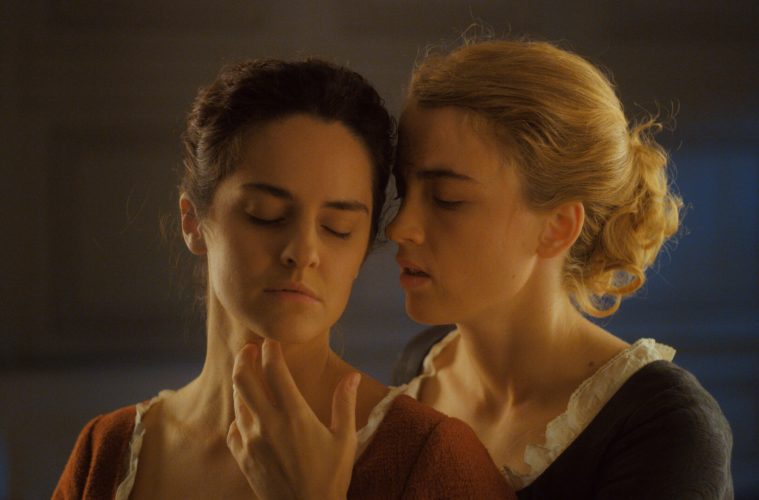The world may be crumbling, but at least a handful of stellar films are coming to The Criterion Collection this summer. They’ve announced their June slate which includes their first NEON release, Portrait of a Lady on Fire, with Parasite to come at a later date. Also among the slate is Elem Klimov’s anti-war masterpiece Come and See, which we recently explored in-depth here. Also including work from Buster Keaton, Kon Ichikawa, and Paul Mazursky, check out the full slate and special feature details below.
THE CAMERAMAN
Buster Keaton is at the peak of his slapstick powers in The Cameraman— the first film that the silent-screen legend made after signing with MGM, and his last great masterpiece. The final work over which he maintained creative control, this clever farce is the culmination of an extraordinary, decade-long run that produced some of the most innovative and enduring comedies of all time. Keaton plays a hapless newsreel cameraman desperate to impress both his new employer and his winsome office crush as he zigzags up and down Manhattan hustling for a scoop. Along the way, he goes for a swim (and winds up soaked), becomes embroiled in a Chinatown Tong War, and teams up with a memorable monkey sidekick (the famous Josephine). The marvelously inventive film-within-a-film setup allows Keaton’s imagination to run wild, yielding both sly insights into the travails of moviemaking and an emotional payoff of disarming poignancy.
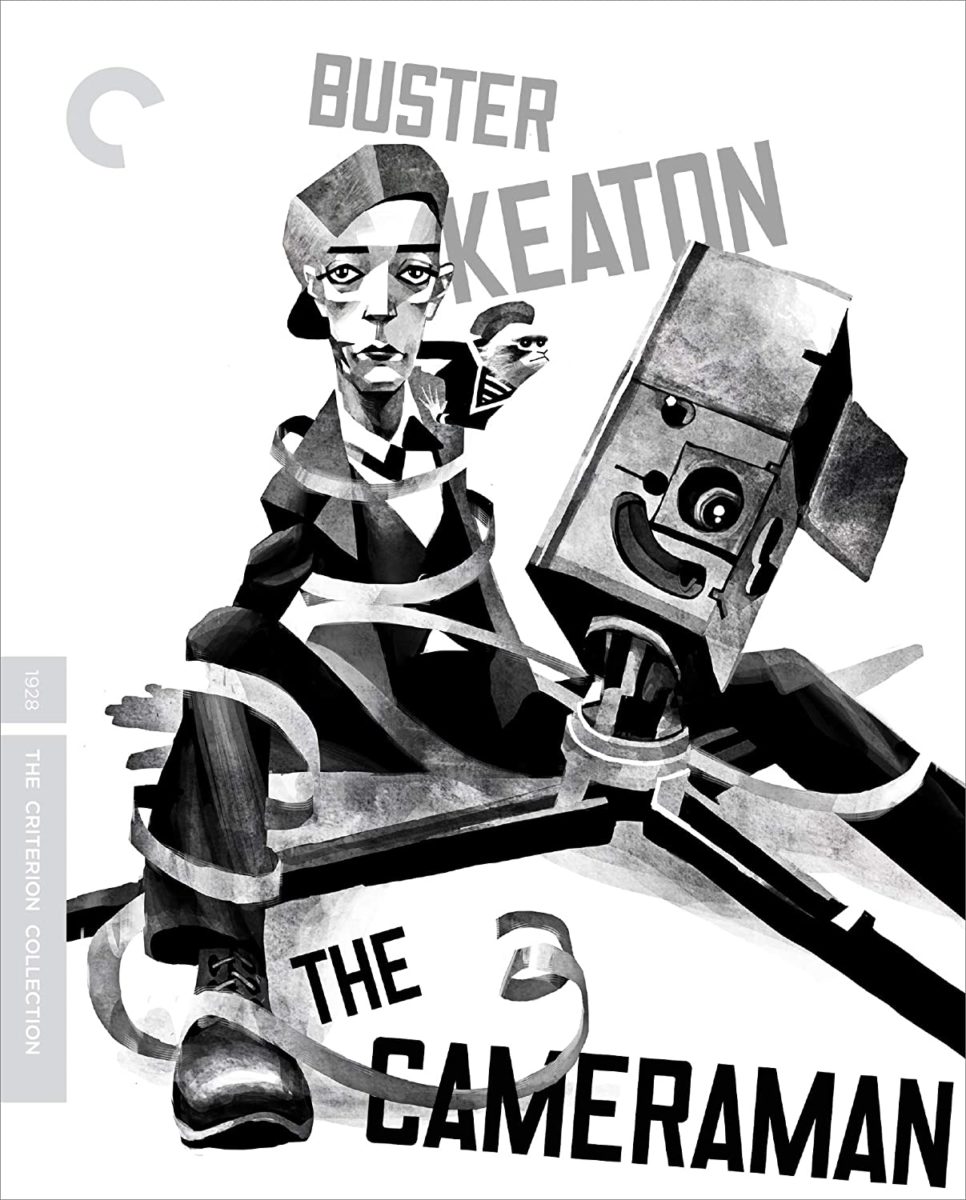
SPECIAL EDITION FEATURES
- New 4K digital restoration undertaken by the Cineteca di Bologna, the Criterion Collection, and Warner Bros.
- New score by composer Timothy Brock, conducted by Brock and performed by the orchestra of the Teatro Comunale di Bologna in 2020, presented in uncompressed stereo on the Blu-ray
- Audio commentary from 2004 featuring Glenn Mitchell, author of A-Z of Silent Film Comedy: An Illustrated Companion
- Spite Marriage (1929), Buster Keaton’s next feature for MGM following The Cameraman, in a new 2K restoration, with a 2004 commentary by film historians John Bengtson and Jeffrey Vance
- Time Travelers, a new documentary by Daniel Raim featuring interviews with Bengtson and film historian Marc Wanamaker
- So Funny It Hurt: Buster Keaton & MGM, a 2004 documentary by film historians Kevin Brownlow and Christopher Bird
- New interview with James L. Neibaur, author of The Fall of Buster Keaton: His Films for MGM, Educational Pictures, and Columbia
- PLUS: An essay by film critic Imogen Sara Smith
COME AND SEE
This legendary film from Soviet director Elem Klimov is a senses-shattering plunge into the dehumanizing horrors of war. As Nazi forces encroach on his small village in Belorussia, teenage Flyora (Alexei Kravchenko, in a searing depiction of anguish) eagerly joins the Soviet resistance. Rather than the adventure and glory he envisioned, what he finds is a waking nightmare of unimaginable carnage and cruelty-rendered with a feverish, otherworldly intensity by Klimov’s subjective camera work and expressionistic sound design. Nearly blocked from being made by Soviet censors, who took seven years to approve its script, Come and See is perhaps the most visceral, impossible-to-forget antiwar film ever made.
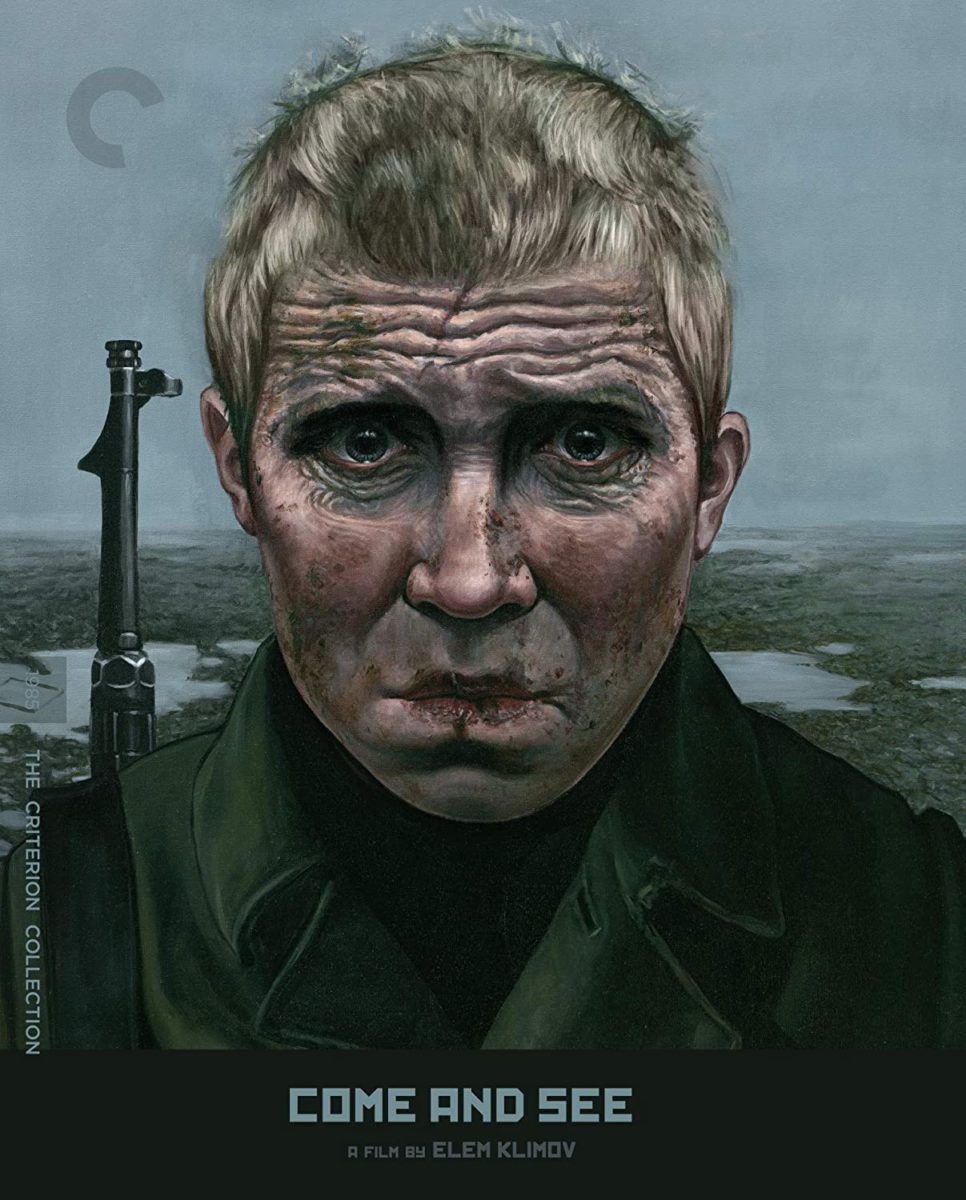
SPECIAL EDITION FEATURES
- New 2K digital restoration by Mosfilm, with uncompressed monaural soundtrack on the Blu-ray
- New interview with cinematographer Roger Deakins
- New interview with director Elem Klimov’s brother and frequent collaborator German Klimov
- Flaming Memory, a three-film documentary series from 1975-77 by filmmaker Viktor Dashuk featuring firsthand accounts of survivors of the genocide in Belorussia during World War II
- Interview from 2001 with Elem Klimov
- Interviews from 2001 with actor Alexei Kravchenko and production designer Viktor Petrov
- How “Come and See” Was Filmed, a 1985 short film about the making of the film featuring interviews with Elem Klimov, Kravchenko, and writer Ales Adamovich
- Theatrical rerelease trailer
- New English subtitle translation
- PLUS: Essays by critic Mark Le Fanu and poet Valzhyna Mort
Passion brews quietly between an artist and her subject, until they together create a space in which it can briefly flourish, in this sumptuous eighteenth-century romance from Céline Sciamma, one of contemporary French cinema’s most acclaimed auteurs. Summoned to an isolated seaside estate on a secret assignment, Marianne (Noémie Merlant) must find a way to paint a wedding portrait of Héloïse (Adèle Haenel), who is resisting chattel marriage, by furtively observing her. What unfolds in exquisite tension is an exchange of sustained gazes in which the two women come to know each other’s gestures, expressions, and bodies with rapturous intimacy, ultimately forging a subversive creative collaboration as well as a delirious romance. Charged with a yearning that almost transcends time and space, Portrait of a Lady on Fire mines the emotional and artistic possibilities that emerge when women can freely live together and look at one another in a world without men.

DIRECTOR-APPROVED SPECIAL EDITION FEATURES
- New 4K digital master, with 5.1 surround DTS-HD Master Audio soundtrack on the Blu-ray
- New conversation between director Céline Sciamma and film critic Dana Stevens
- New interviews with actors Adèle Haenel and Noémie Merlant
- Interview with cinematographer Claire Mathon from the 2019 Cannes Film Festival
- Interview from 2019 with artist Hélène Delmaire on creating the paintings for the film, along with behind-the-scenes footage
- New English subtitle translation
- PLUS: An essay by film critic Ela Bittencourt
Listen to our Portrait of a Lady on Fire discussion on The Film Stage Show below.
A spectacle of magnificent proportions and remarkable intimacy, Kon Ichikawa’s Tokyo Olympiad remains one of the greatest films ever made about sports. Supervising a team of hundreds of technicians using more than a thousand cameras, Ichikawa captured the 1964 Summer Games in Tokyo in glorious widescreen images, using cutting-edge telephoto lenses and exquisite slow motion to create lyrical, idiosyncratic poetry from the athletic drama surging all around him. Drawn equally to the psychology of losers and winners-including legendary Ethiopian marathoner Abebe Bikila, who receives the film’s most exalted tribute-Ichikawa captures the triumph, passion, and suffering of competition with a singular humanistic vision, and in doing so effects a transformative influence on the art of documentary filmmaking.
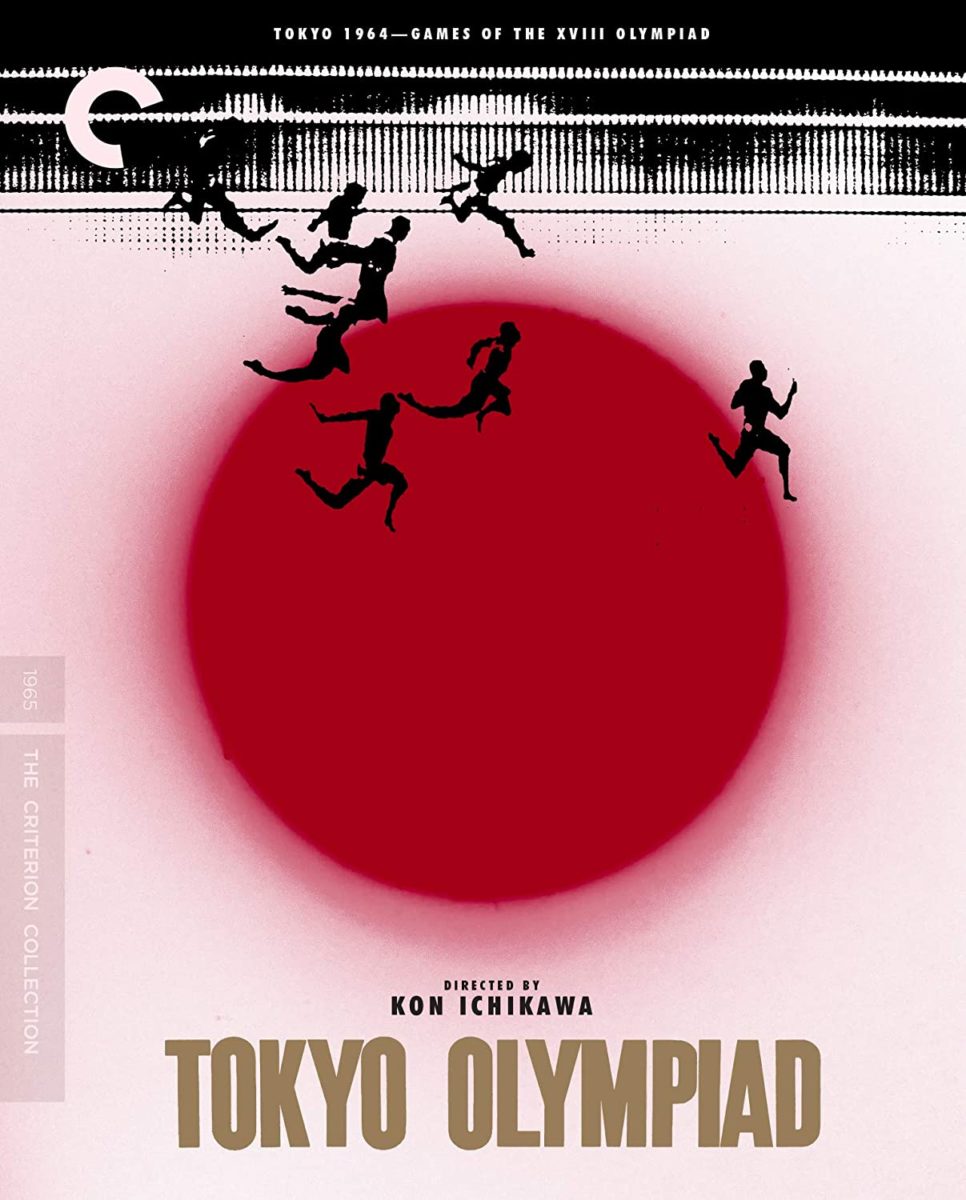
SPECIAL EDITION FEATURES
- New 4K digital restoration, with uncompressed monaural soundtrack on the Blu-ray
- Audio commentary from 2001 by film historian Peter Cowie
- New introduction to the film by Cowie
- Eighty minutes of additional material from the Tokyo Games, with a new introduction by Cowie
- Archival interviews with director Kon Ichikawa
- New documentary about Ichikawa featuring interviews with cameraman Masuo Yamaguchi, longtime Ichikawa collaborator Chizuko Osaka, and the director’s son Tatsumi Ichikawa
- Trailers
- New English subtitle translation
- PLUS: An essay by film scholar James Quandt
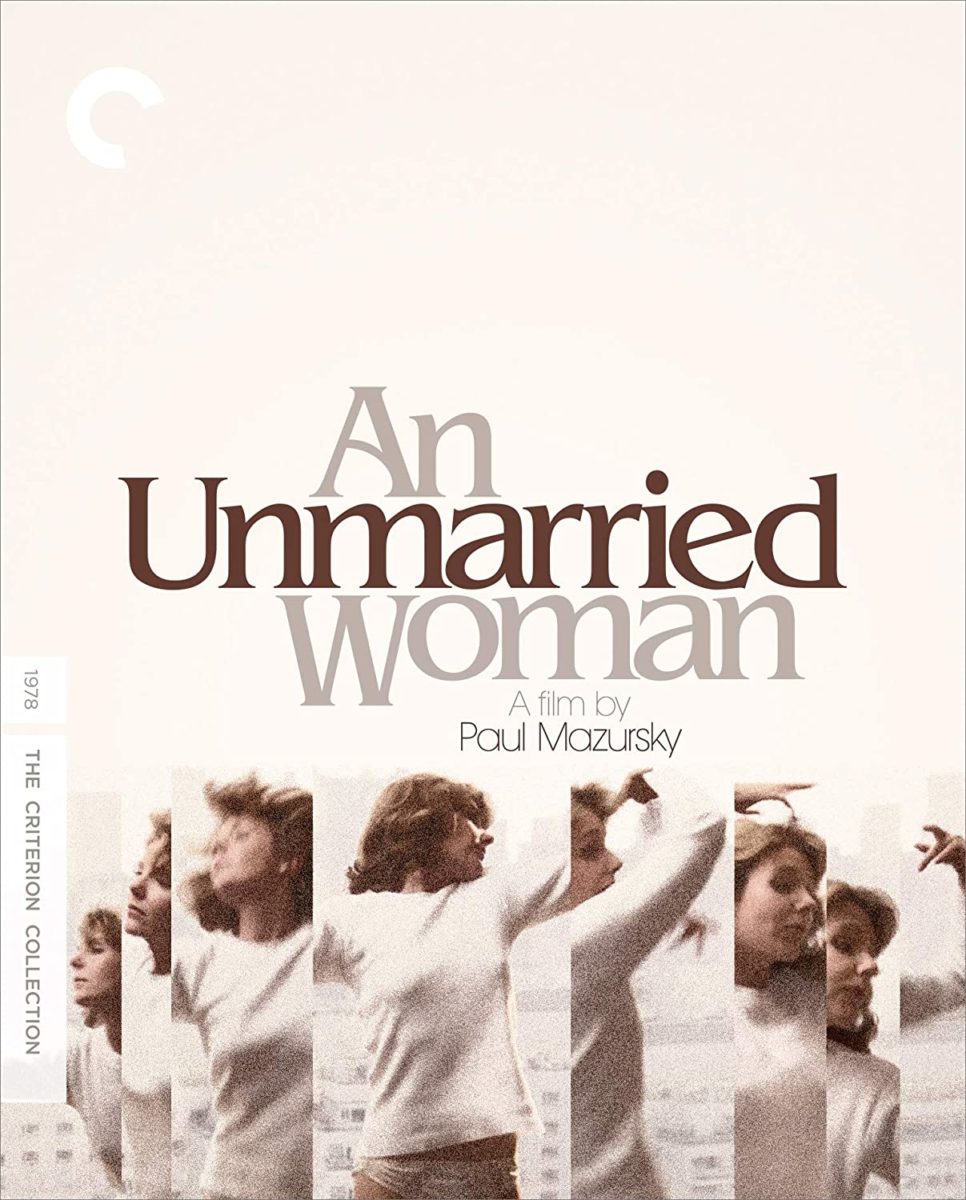
AN UNMARRIED WOMAN
One woman’s journey of self-discovery brings about a warmly human cultural conversation about female liberation, in this wonderfully frank, funny chronicle of changing 1970s sexual politics by Paul Mazursky. When her husband of sixteen years abruptly leaves her for a younger woman, Manhattan gallery worker Erica (a fantastic, Oscar-nominated Jill Clayburgh in her defining role) finds herself alone and adrift-but also newly empowered to explore her needs and desires as she tests the waters of a new relationship with a charismatic artist (Alan Bates). Candidly addressing issues of sex, intimacy, loneliness, and divorce from an unabashedly feminist perspective, An Unmarried Woman makes the simple but radical assertion that a woman’s most important relationship is the one she has with herself.
SPECIAL EDITION FEATURES
- New 4K digital restoration, with uncompressed monaural soundtrack on the Blu-ray
- Audio commentary from 2005 featuring director Paul Mazursky and actor Jill Clayburgh
- New interviews with actors Michael Murphy and Lisa Lucas
- New interview with author Sam Wasson on Mazursky’s work
- Audio recording of Mazursky speaking at the American Film Institute in 1980
- Trailer
- PLUS: An essay by critic Angelica Jade Bastién

